Contents
THE USERS JOURNEY
STORYMAPPING PRODUCTS THAT PEOPLE LOVE
Donna Lichaw
The Users Journey
Storymapping Products That People Love
By Donna Lichaw
Rosenfeld Media, LLC
457 Third Street, #4R
Brooklyn, New York
11215 USA
On the Web: www.rosenfeldmedia.com
Please send errors to:
Publisher: Louis Rosenfeld
Managing Editor: Marta Justak
Illustrations: Eva-Lotta Lamm
Interior Layout Tech: Danielle Foster
Cover Design: The Heads of State
Indexer: Sharon Shock
Proofreader: Sue Boshers
2016 Rosenfeld Media, LLC
All Rights Reserved
ISBN: 1-933820-31-4
ISBN-13: 978-1-933820-31-6
LCCN: 2015956989
Printed and bound in the United States of America
For Erica, who begged me to speak and write so that I would channel my energy and stop pestering her with my crazy ideas. I love you.
HOW TO USE THIS BOOK
This book is meant to be read from cover to cover. Its short and highly scannable, so dont be intimidated. Each chapter builds on the last, introducing concepts and then expanding on how to apply what youve learned to your own practice. This book will also work as a reference after youve read it. The diagrams and illustrations provide you with scannable, short-hand versions of the concepts so that you can go back and jog your memory when needed. So grab a comfy chair and blanket or get comfy on your next flight, sit back, and enjoy. Then keep this book handy for the future because it will likely change the way you work.
Who Should Read This Book?
This book is for anyone who wants to engage an audience by creating things that people want to use, use often, and recommend to others. Things can include websites, software, apps, digital or non-digital, for-profit or non-profit services, or even physical goods. Ill collectively call those things products throughout this book. Whether you are an entrepreneur, designer, product or account manager, content strategist, communications or marketing professional, student, teacher, or engineer, chances are you are someone who can use story and its underlying structure and mechanics to make better and more successful products.
Whats in This Book?
There are eight chapters in this book grouped into three areas:
discuss how story works and how you can use it to engage your audience not by telling stories, but by creating
stories.
discuss how story flows through different types of products in different contexts and customer lifecycle journey stages.
delve into how to uncover, improve, and use your stories both strategically and tactically.
What Comes with This Book?
This books companion website ( rosenfeldmedia.com/books/storymapping ) contains a blog and additional content. The books diagrams and other illustrations are available under a Creative Commons license (when possible) for you to download and include in your own presentations. You can find these on Flickr at www.flickr.com/photos/rosenfeldmedia/sets/ .
rosenfeldmedia.com/books/storymapping ) contains a blog and additional content. The books diagrams and other illustrations are available under a Creative Commons license (when possible) for you to download and include in your own presentations. You can find these on Flickr at www.flickr.com/photos/rosenfeldmedia/sets/ .
FREQUENTLY ASKED QUESTIONS
Is this book about storytelling?
No. And yes. This book is about much more than what you traditionally think of when you think of storytelling. It wont teach you how to tell a story. Rather, it will teach you how to use story and its underlying structure to craft intended experiences of use that are optimized for audience engagement, similar to what screenwriters and TV writers do with short- and long-form movies and TV shows. Plot point by plot point.
Why story?
We use story because its one of the oldest and most powerful ways that humans have to communicate with and understand the world. It governs how we do or dont see meaning, value, utility, and affordances in both ideas and things. Story structure and its underlying principles will help you build better products. And its how you can get your target audience to relate to your product (see ).
Is everything a story?
Yes. Walking down the street? Story. Using an app? Story. Thinking about a product? Story. Using online checking through your boring old bank? Story. Once you start thinking and working like a storymaker, you will ask yourself not if something is a story, but if it is or should be a good story. The better the story, the more engaged your users will be. Structure is how story engages the human brain (see ).
Who is the hero of the stories you map: the business or the user?
As much as you want your business to be the hero of the story, your users are the real heroes. Imagine if The Wizard of Oz were about Dorothy, a damsel in distress who is saved by a knight in shining armor. It wouldnt be her storyit would be the knights story. Dorothy needs to be the hero as much as your customers need to feel like heroes when they find, use, and recommend your product to their friends and family. When you map stories, youre mapping the story you want someone to have with your product. Think of your product as Dorothys ruby slippers. Without your product, she would never be able to solve her problem. goes into more detail about how to engineer heroes.
Is storymapping some new process I have to learn?
No. Storymapping is something you can and should seamlessly weave into your existing practice. I want you to start thinking like a storytelleror story makerso that you can create products that resonate with your target audience. When you start thinking about the story, youll find that its the first thing you do at the beginning of any project and something you can easily fold into your existing process. Whats the story? You will answer this question by uncovering, mapping, and then testing the story until you get it right (see ).
How do I get started with storymapping?
All you need are some Post-it notes or note cards, a wall or table, some markers, data, and an imagination and understanding of how story works. Once you start seeing stories in your favorite products, youll see them everywhere. Once you start seeing them everywhere, youll see how to weave stories into your own work so that you create more successful and engaging products that people love, use often, and recommend to others. shows you how to use your stories once youve developed them.
What is the difference between storymapping and Agile user story mapping?
While many people often use the shorthand storymapping when referring to Agile user story mapping, they are quite different. Storymapping is as simple as it sounds: literally mapping out an intended experience of use just as you would a storyplot point by plot point. Agile user story mapping is a method that Agile developers use to organize and chart the course for large bodies of work comprised of smaller user stories (for more on incorporating story development into Agile development, see ). Although the two approaches look similar (Post-its on a wall or cards on a table), they are quite different. Storymapping is a way to engineer increased engagement in your products. Agile user story mapping is a way for engineers to work.


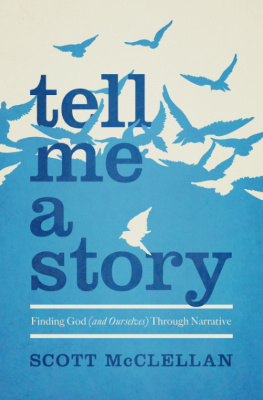
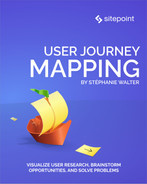
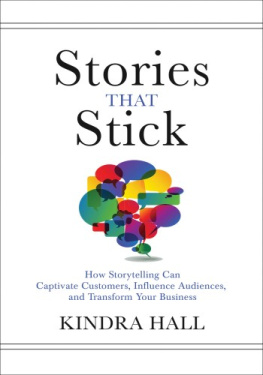
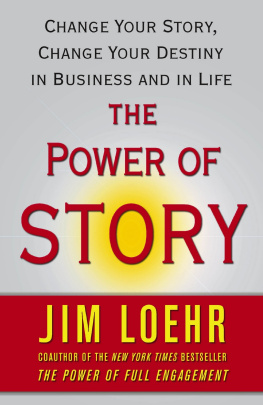
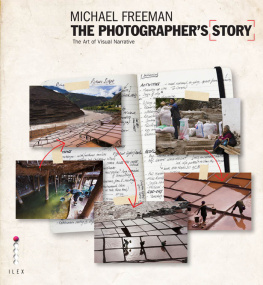
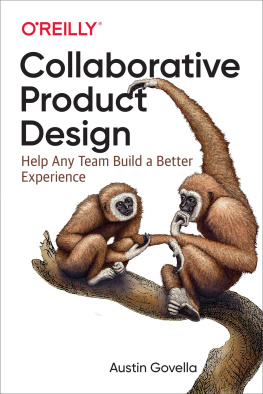
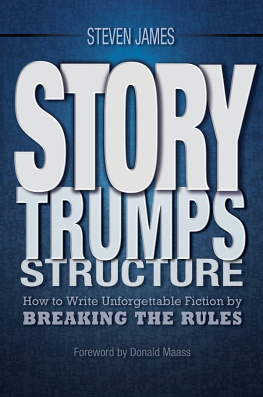
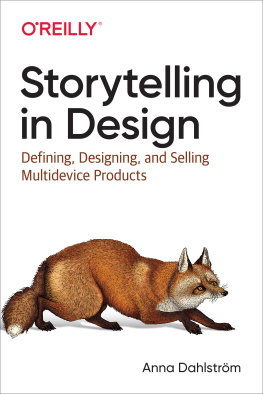
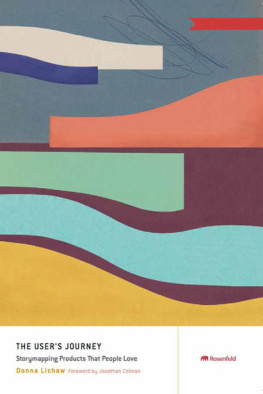
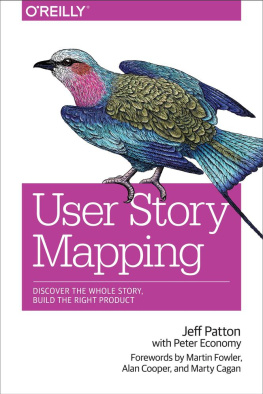

 rosenfeldmedia.com/books/storymapping ) contains a blog and additional content. The books diagrams and other illustrations are available under a Creative Commons license (when possible) for you to download and include in your own presentations. You can find these on Flickr at www.flickr.com/photos/rosenfeldmedia/sets/ .
rosenfeldmedia.com/books/storymapping ) contains a blog and additional content. The books diagrams and other illustrations are available under a Creative Commons license (when possible) for you to download and include in your own presentations. You can find these on Flickr at www.flickr.com/photos/rosenfeldmedia/sets/ .